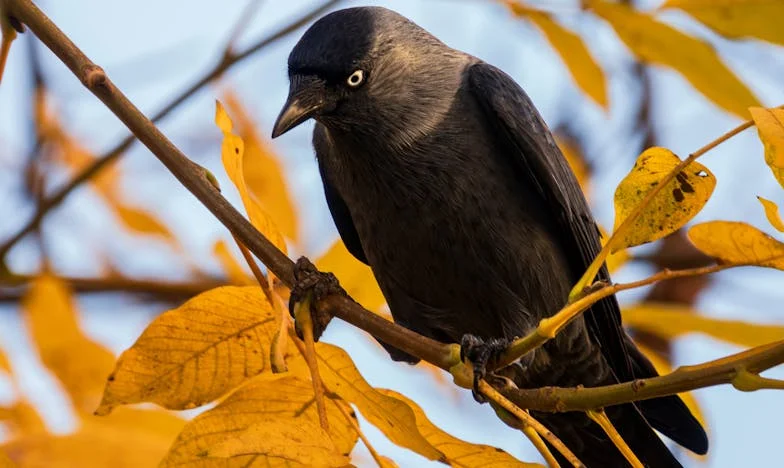Three Women, One Kitchen, and Absolutely No Peace: A Family Recipe for Chaos
“No, Mom, you can’t just take Tuesday! That’s my prep day for the bake sale.”
I slammed the battered saucepan onto the counter, and it made a clang that echoed through our tiny kitchen like a judge’s gavel. My mother, Barbara, shot me a look—one eyebrow raised over her glasses, her lips pressed tight together, a silent reprimand that said, ‘Don’t start with me, Kasia.’ But I was already starting. I could feel the heat rising in my cheeks, matching the steam from the pot I’d abandoned.
Behind me, my grandmother Zofia shuffled in, clutching her own schedule—written in careful, looping script on a yellowed index card. “Wednesday is mine. I need the whole day for pierogis. You both know that.”
I rolled my eyes, but Zofia’s grip on the card tightened. At eighty-one, her hands shook, but her will didn’t. She fixed my mother with a steely gaze, then turned to me. “Monday, you. Tuesday, Barbara. Wednesday, me. Thursday, you again. Friday, we clean. Saturday, we rest. Sunday, we pray.”
My mother nodded solemnly. “There will be order.”
“Yeah, sure,” I muttered, “until someone needs to make soup on a Thursday.”
Our kitchen was barely bigger than a walk-in closet—one battered stove, chipped tile counters, and a sink where the hot tap screeched like a banshee. But it was the heart of our house. Three generations of women, one kitchen, and absolutely no peace.
That first Monday, I woke up at dawn to get ahead. I tiptoed in, hoping for silence, but Zofia was already at the table, chopping onions with military precision. She looked up, eyes watering, and said, “You’re early.”
“It’s my day, Babcia.”
She shrugged, wiped her eyes, and kept chopping. “I’m just helping.”
By noon, the kitchen was a battlefield: flour everywhere, my mother hovering on the threshold, arms crossed. “Kasia, you used all the eggs. You know I need them for Tuesday.”
I groaned. “You said I could bake today!”
“And now I have to drive to ShopRite before my shift.” She slammed the fridge shut. “Unbelievable.”
Zofia dropped her knife with a clatter. “Why so much noise? In Poland, people shared.”
“Yeah, well, in New Jersey, people sign up on the fridge,” I snapped, pointing at the schedule. My voice was sharper than I meant.
Silence. My mother’s face stiffened. Zofia’s eyes filled with something like hurt, and for a second, I just wanted to vanish into the pantry with a bag of chips and pretend none of us existed.
The week unraveled from there. On Tuesday, Mom’s famous chicken soup simmered, but my cookies burned in the oven because she’d turned the temperature down “for safety.” On Wednesday, Zofia’s pierogis took over every countertop, and she snapped at me for moving her dough. On Thursday, I tried to cook for my boyfriend, Mike, but Mom had used all the garlic. By Friday, we were barely speaking—just slamming cabinets and muttering curses.
It was always like this, but somehow, this week felt worse. Maybe because it was the anniversary of my dad’s death. Maybe because I was twenty-five and still living at home, working two jobs and dreaming of my own apartment. Maybe because Mom was tired—her job at the hospital wearing her down—and Zofia’s memory was slipping, little pieces of her past falling away like flakes of old pastry.
One night, after another shouting match over the dishwasher (“You loaded it wrong again!”), I sat outside on the stoop, knees pulled to my chest, watching the lights from the neighbor’s house. Mike called, his voice soft through the phone. “You okay?”
I shook my head, even though he couldn’t see. “I can’t do this anymore. The fighting. The noise. It’s like…I’m stuck.”
He was quiet for a long time. “You love them, Kasia.”
“Yeah, but love doesn’t make it easier.”
Inside, I heard laughter—Zofia telling Mom a story in Polish, their voices mingling, rising and falling like a lullaby I half-remembered from childhood. I wanted to go back inside, but I also wanted to run away.
Saturday, a storm hit. The power flickered, then died. No oven, no lights, just the three of us huddled in the kitchen by candlelight. The wind howled outside, rattling the windows. For once, there was nothing to fight over—no schedules, no recipes, just the sound of rain and the warmth of my mother’s arm around my shoulder.
Zofia pulled out an old photo album, pages faded and curling. She pointed to a black-and-white picture: her as a girl, standing in a field in Poland, sunlight in her hair. “We didn’t have much,” she whispered, “but we made do. Together.”
I looked at my mother—her eyes shining in the candlelight, suddenly so young and old at once. “I’m sorry,” I said, my voice barely more than a breath. “For all the yelling.”
Mom squeezed my hand. “We’re all just trying, honey. That’s all.”
The storm passed. The lights came back. But something had shifted, just a little. We still fought—over eggs, over dough, over old grudges that never quite went away. But sometimes, late at night, I’d find Zofia humming in the kitchen, or Mom making tea, and I’d join them. We’d talk about nothing and everything—the past, the future, the smell of bread baking in the oven.
Maybe peace wasn’t a recipe you could follow, but a choice you made, one day at a time, even when it felt impossible.
Do you ever wonder if your family’s chaos is really just love in disguise? Or is there a secret ingredient we’re all missing?
